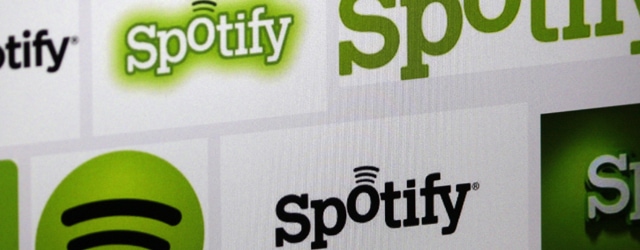The Swedish music-streaming company is considering an alternative to the traditional IPO.

Swedish music-streaming company Spotify is reportedly considering self-selling shares on an open exchange this year, as venture-backed tech companies seek an alternative route to the IPO market.
A direct listing, or “self-filing,” is traditionally preferred by smaller companies who don’t expect large trading volumes. Spotify aims for a valuation of more than $10 billion, according to a Wall Street Journal report.
Spotify did not comment on the report by the WSJ, but experts say self-selling is a new trend.
“IPO alternatives appear to be alive and well,” says capital market lawyer David Feldman, a partner at law firm Duane Morris. In March this year, app-maker Snap raised $3.4 billion by selling nonvoting shares.
Spotify could save millions of dollars in underwriting fees and reward early investors who wouldn’t see their stakes diluted. The stock price would be set by demand and supply. But there are risks.
“Underwriters often are helpful in developing initial support for the stock,” says Feldman. Trading volumes may be more challenging in such situations. “This risk can be ameliorated with a strong investor-relations firm that helps build market support,” he adds.



